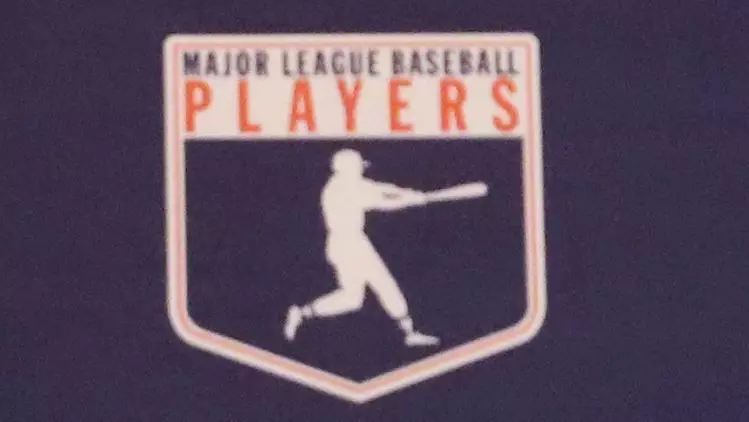The dynamic relationship between sports unions and massive licensing entities has taken an unexpected turn, as the FBI’s scrutiny into OneTeam Partners raises profound questions about governance, transparency, and ethics within major sports leagues. Established in 2019, OneTeam Partners – a collaboration between the NFL and MLB Players Associations (PA) along with private-equity powerhouse RedBird Capital – has emerged as a financial juggernaut, revolutionizing how athletes monetize their name, image, and likeness (NIL). While the partnership has proven lucrative for players and unions alike, recent investigations indicate that the shadows of financial dealings are starting to cloud its reputation.
The intrigue stems from investigations reportedly focusing on the financial activities of at least three players involved in union leadership. These players are not considered targets, yet the inquiry highlights the growing intersection between sports revenue models and regulatory oversight. The engagement between law enforcement and these athletes indicates a broader concern that transcends mere financial audits, suggesting the necessity for more robust frameworks and ethical guidelines in athlete representation.
Financial Windfalls vs. Ethical Quandaries
OneTeam’s financial ascent to a staggering valuation of $1.9 billion by 2022 has not come without its controversies. The resulting wealth raised questions about the ethical implications of financial decisions made by union executives. Allegations of “nepotism, corruption, and mismanagement” have surfaced from an anonymous unfair labor practices complaint lodged with the National Labor Relations Board (NLRB). Such claims hint at deep-seated frustrations among players regarding the governance of their representatives and how profits generated from their own images are being allocated.
Union executives, particularly Tony Clark—the executive director of MLBPA—face scrutiny for allegedly authorizing equity advancements to himself and other executives without adequate disclosures. The opacity surrounding these financial structures undermines the strides made toward transparency. Although the MLBPA insists it would fully cooperate with any investigation, the conflict between the union’s proclaimed commitment to ethical practices and the allegations of self-serving governance suggests a need for a thorough reassessment of current operations.
Impact on the Players’ Trust Relationship
The ongoing investigations threaten to disrupt the already fragile trust between players and their unions. The scrutiny not only questions individual leadership but also stirs doubts about the overall efficacy of the systems in place meant to protect and serve athletes. With leadership retention of separate legal counsel, the message sent is one of caution if not outright distrust. While many players have directly benefited from OneTeam’s financial offerings, the underlying tension could lead to a fracture in long-standing partnerships that were once seen as allies.
It is critical that players remain educated and informed about their union’s financial dealings and governance structures. As more athletes become aware of the fiscal dynamics surrounding their unions, there could be a shift towards demanding greater accountability and transparency. The potential fallout from the current investigation suggests that players, already empowered by movements advocating for athlete rights, may increasingly seek to redefine their perceived associations and the governance of their interests.
The Financial Halos and Shadows of Governance
The financial gains reported by the MLBPA since its partnership with OneTeam are impressive—a sum nearing $160 million between 2020 and 2024. However, the lack of clarity on how those funds have been distributed to players exposes a significant gap in the union’s accountability. In tough economic times, players may be looking for clarity on their financial futures and understanding the pathway through which union assets grow.
Audits and reviews from third-party organizations are critical for maintaining trust. The NFLPA recently completed an audit that deemed its governance practices compliant, offering a semblance of reassurance. Nevertheless, the necessity for ongoing external oversight cannot be overstated, particularly in an era where financial dynamics and governance practices within sports unions are under increasing scrutiny.
Charting a Path Forward
As the investigation into OneTeam unfolds, it presents an opportunity for both the MLBPA and NFLPA to critically evaluate their governance structures and enhance transparency. With large sums of money on the line and potential legal ramifications lurking in the background, both unions may have to reconsider how they engage with their players and the private sector.
Furthermore, players must decide whether to continue placing their trust in the current leadership or take steps to ensure their interests are prioritized through greater organizational transparency and accountability mechanisms. The challenges ahead are daunting, yet they also provide a fertile ground for reform that could ultimately benefit all stakeholders in the long-run. The landscape of sports unions is shifting, and the future will likely demand a delicate balance between ambition, transparency, and accountability.

